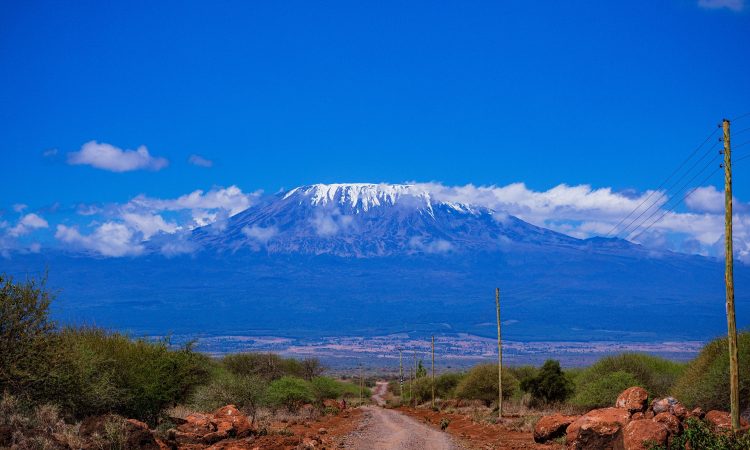Tanzania is located in the eastern part of the African continent, and it has a tropical climate with temperatures ranging from 20-30 degrees throughout the year.
The tropical climate makes it a breeding ground for mosquitoes.
Tourists coming from countries without a tropical climate are at risk of catching tropical diseases while traveling in Tanzania.
The country is renowned for its vast wildlife and is home to Africa’s highest mountain, Mount Kilimanjaro.
Malaria is a disease usually caused by Plasmodium parasites transmitted by female Anopheles mosquitoes from one person to another.
Africa has the highest number of malaria infections worldwide.
There are five parasite species that cause the infection, and two of these species pose a significant threat.
In countries outside of sub-Saharan Africa, P. vivax is the dominant parasite, while P. falciparum dominates in sub-Saharan Africa, and it’s the most deadly.
The symptoms typically start appearing 10-15 days after the infection.
The initial symptoms of malaria are a headache and fever.
People with HIV/AIDS, children under the age of five, individuals with low immunity, and pregnant women are particularly prone to malaria infection.
A report from 2020 shows that there were 627,000 deaths caused by malaria and 241 million cases worldwide.
Malaria in Tanzania

Tourists traveling to Tanzania are advised to take prescription medicine to prevent malaria.
This medicine must be taken several days before the trip, during the trip, and after the trip to prevent malaria infection.
You should consult your doctor to prescribe the right medicine for you.
While preparing to travel to Tanzania, several other vaccinations are also recommended apart from malaria prevention drugs.
Yellow fever vaccination is compulsory for travelers to Tanzania because yellow fever is prevalent, posing a high risk to travelers.
Almost all of Tanzania’s mainland is prone to malaria infections because it is located in malaria transmission areas.
Tanzania ranks among the countries with the highest malaria infection cases and deaths, accounting for 5% of global deaths and 3% of the 13.4% cases in East and South Africa.
A study conducted from 2015 to 2019 showed a 4% decrease in deaths and a 14.5% decrease in cases.
In Tanzania, 4% of malaria infections are caused by P. ovale and P. malariae, while 96% of infections are caused by Plasmodium falciparum.
An estimated total cost of $240 million is lost in gross domestic product every year in Tanzania due to malaria.
The country has participated in malaria research and the development of various control tools.
However, the challenge to end malaria in Tanzania includes inadequate financial, human, and efficient healthcare system resources.
Malaria information provided from districts across the country is not always reliable.
Annually, about 18 million new malaria cases are reported in Tanzania, resulting in 120,000 deaths, with approximately 70,000 of these being children.
Health centers report that most admissions are for children under the age of 5 infected with malaria.
Over 90% of Tanzania’s population is at risk of contracting malaria.
In Africa, after Nigeria and the Democratic Republic of Congo, Tanzania has the third-largest stable malaria risk on the continent.
The burden of malaria has made Tanzania one of the poorest countries in the world, with malaria consuming about 3.4% of GDP every year.
Approximately $11 is spent per person annually on malaria services.
The US Presidential Initiative has partnered with about 24 countries in Africa to combat malaria.
Indoor residual spraying is an important tool for controlling this deadly disease, involving the spraying of walls around homes with long-lasting insecticides that kill mosquitoes but are safe for human beings.
It’s essential to note that only vaccines approved by the Ministry of Health of Tanzania and the WHO are acceptable.
In case anyone is not fully vaccinated or is unvaccinated due to other medical problems, they will be tested upon arrival in Tanzania using a rapid antigen test.
Rufiji district in Tanzania has the highest number of infections in the country.
The National Malaria Control Program in Tanzania has divided the country into small units to monitor and eradicate malaria through data collected on a weekly basis from health facilities.
In conclusion, tourists visiting Tanzania can avoid malaria infection by taking antimalarial medications and sleeping under treated mosquito nets.
Most safari lodges or hotels provide mosquito nets in their rooms.











